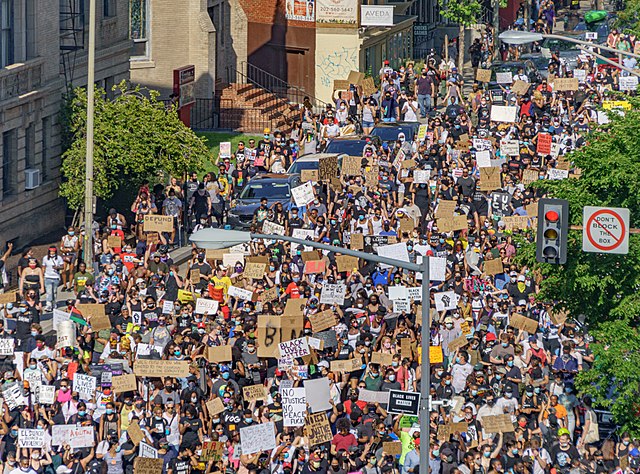Like just about every other industry, tech has felt the glare of the anti-racism spotlight following the killings of George Flloyd, Breonna Taylor, Rayshard Brooks, and others in the Black community. For many, the scrutiny is welcome. As Black Lives Matter uprisings continue to swell beyond the borders of the United States, the tech industry has been forced to reckon with racism within its own companies.
The good news is that some tech companies have been promoting racial equity and justice long before these latest protests and the tragedies that inspired them. In a conversation hosted by sf.citi, San Francisco’s tech trade association, executives at Airbnb and Twitter shared how their companies are working to build more inclusive workplaces and products.
AIRBNB REIMAGINES ITS PRODUCTS TO ELIMINATE DISCRIMINATION
Julie Wenah, Community Counsel and Acting Regional Counsel for Africa at Airbnb, was a speaker at Scaling Social Impact in a Remote World. She described the products and policies Airbnb has pioneered to reduce racism on its platform.
Airbnb has an anti-discrimination product team comprised of data scientists, designers, and engineers, explained Wenah. In 2016, this team launched the Airbnb Community Commitment, a prompt that asks Airbnb users to treat all people on the platform “with respect, and without judgment or bias.” Only those who accepted the commitment were allowed to continue using Airbnb. Not everyone did. According to Wenah, Airbnb lost 1.3 million users after launching the Community Commitment.
In 2017, Airbnb released a feature called Instant Book, which sought to combat prejudice by allowing guests to book an Airbnb listing without prior approval. Then at the end of 2018, Airbnb sought to further mitigate bias by developing a policy that hides Airbnb guest profile photos until after the booking is accepted.
Most recently in 2020, Airbnb launched Project Lighthouse, an initiative to uncover, measure, and overcome discrimination during the Airbnb booking process. Wenah herself has been working on this project for many years. “Our team was very intentional,” she explained. Before launching Project Lighthouse, Airbnb consulted a number of civil rights and privacy organizations, including Color of Change.
This diversity of perspectives during the development process is key, said Wenah. Bringing in external partners provides critical feedback and, ultimately, produces better products.
TWITTER’S APPROACH TO BUILDING AN ANTI-RACIST WORKPLACE
Dalana Brand is the Vice President People Experience and Head of Inclusion and Diversity at Twitter. Also speaking at sf.citi’s Scaling Social Impact event, she said: “in an ideal world, if we were all showing up and doing [diversity and inclusion] work the right way, my role wouldn’t exist.” So much of feeling included, she continued, is about individual connections.
What that means for tech companies more broadly is that inclusion must be “embedded in every fabric of the organization.” Some concrete examples, offered Brand, are pay equity, supplier diversity, and employee resource groups.
As companies aim for racial equity, Brand said it’s important to first acknowledge that racism exists and understand that it was intentionally built into corporations. In an attempt to re-educate tech workers about racism, Twitter is looking to integrate targeted anti-racism training into its curriculum.
Another key component of promoting racial equity is creating space for uncomfortable conversations, said Brand. Twitter, for example, hosted a conversation with bestselling author and activist Dr. Ibram X. Kendi about how Twitter employees can embody anti-racist behavior. On a more ongoing basis, Brand’s Inclusion and Diversity team facilitates discussions with the company’s nine business resource groups, which represent various communities within Twitter.
Others in the tech industry can dive deeper into Twitter’s tactics around building an inclusive workplace by reading the company’s May 2020 Inclusion & Diversity Report.
RACIAL EQUITY DOES NOT HAPPEN OVERNIGHT
While Airbnb and Twitter have taken different approaches to racial equity, they have one very important thing in common. Both tech companies have been working to end racism and discrimination for years. And even they are far from perfect.
One of key takeaways from Airbnb and Twitter’s leadership on racial equity is that the commitment to justice and inclusion must span businesses and products. It will not happen overnight. For all companies, and especially tech companies, that means it’s time to get to work!


